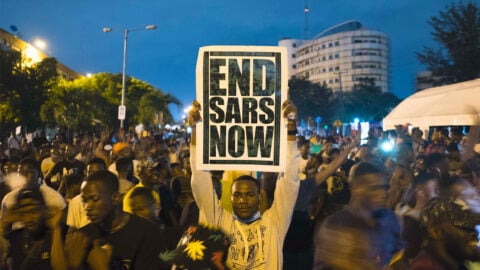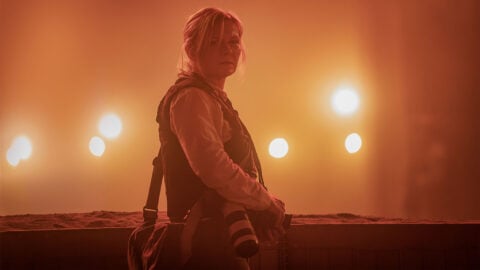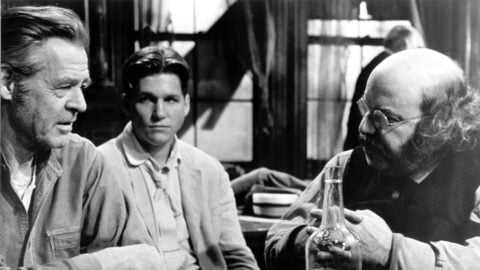The Film Comment Podcast: Tribute to Navroze Contractor
From the early ’70s onwards, Indian cinematographer Navroze Contractor—who passed away last year at age 80—blazed a trail of radical image-making. Trained in fine arts, photography, and cinematography, Contractor wielded the camera as a weapon and a paintbrush, capturing both the thrills and the throes of popular uprisings in films that defined political documentary in India, and giving stunning form to the bold adventures in fiction undertaken by India’s Parallel Cinema filmmakers.
Last Monday, Film Comment presented a double-feature program of two films shot by the cinematographer—Mani Kaul’s rapturous Duvidha (1973), and Sanjiv Shah’s unique musical satire Love in the Time of Malaria (1992), which screened theatrically in the U.S. for the first time—along with an extended conversation with Deepa Dhanraj, Contractor’s partner in life and work, with whom he founded the feminist Yugantar Film Collective in the 1980s.
The talk, available today on the podcast, delves into the challenging and low-budget conditions that Duvidha was shot under, the influence of Indian miniature painting and still photography on its look, and Contractor’s extraordinary visual felicity with both documentary and fiction. (FYI: the documentaries referenced in the conversation, directed by Dhanraj and lensed by Contractor, are available to stream on Criterion Channel). For more on Contractor’s legacy, check out critic Srikanth Srinivasan’s essay.







